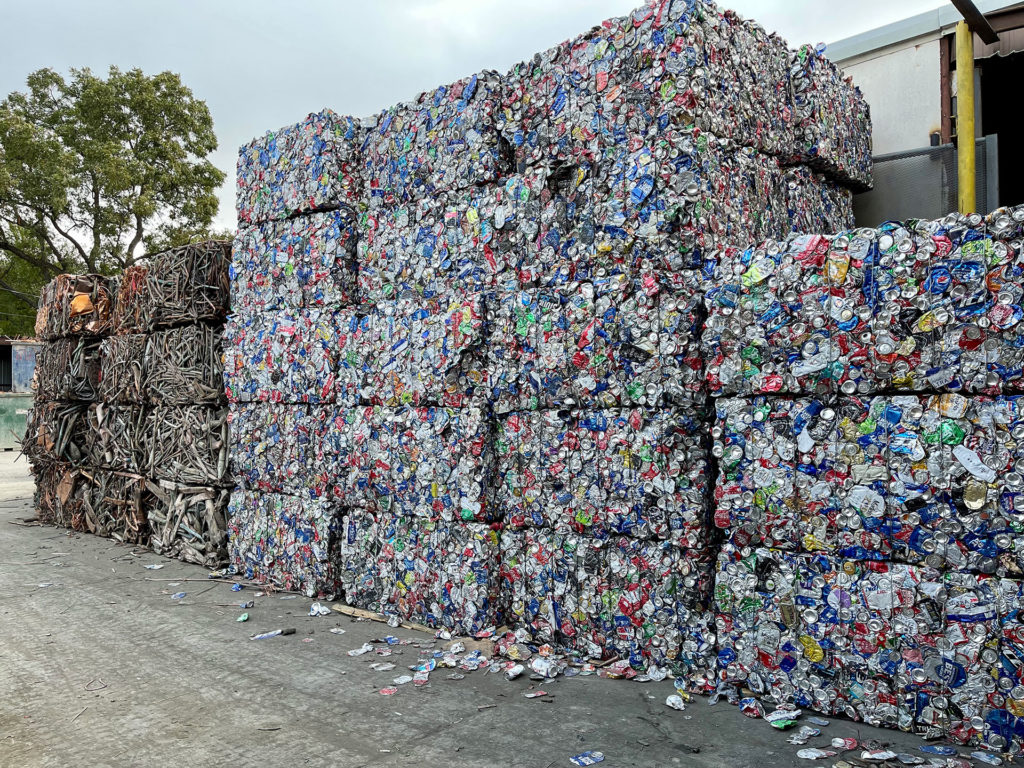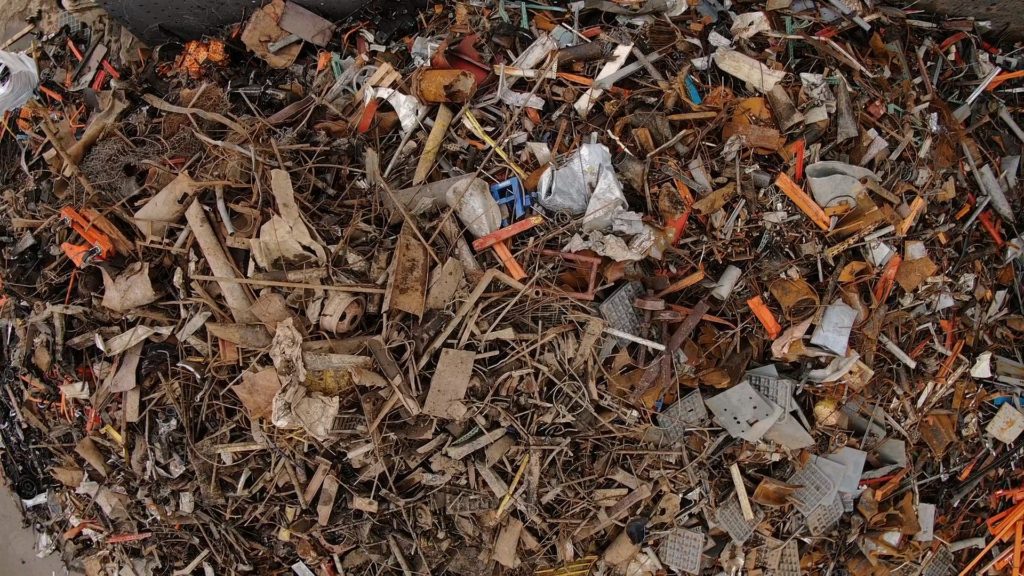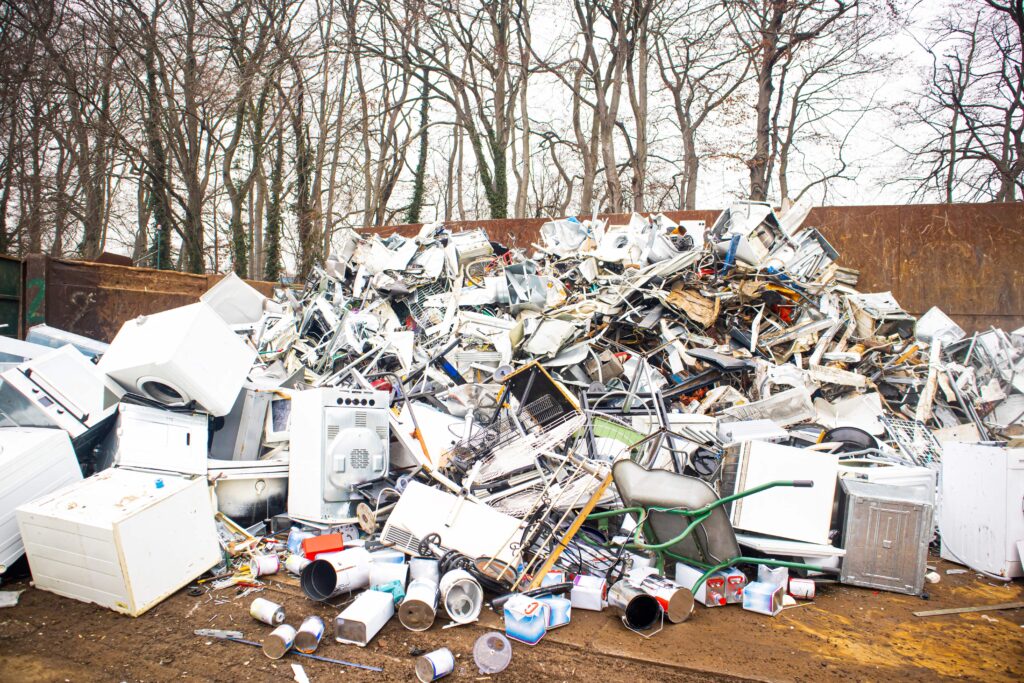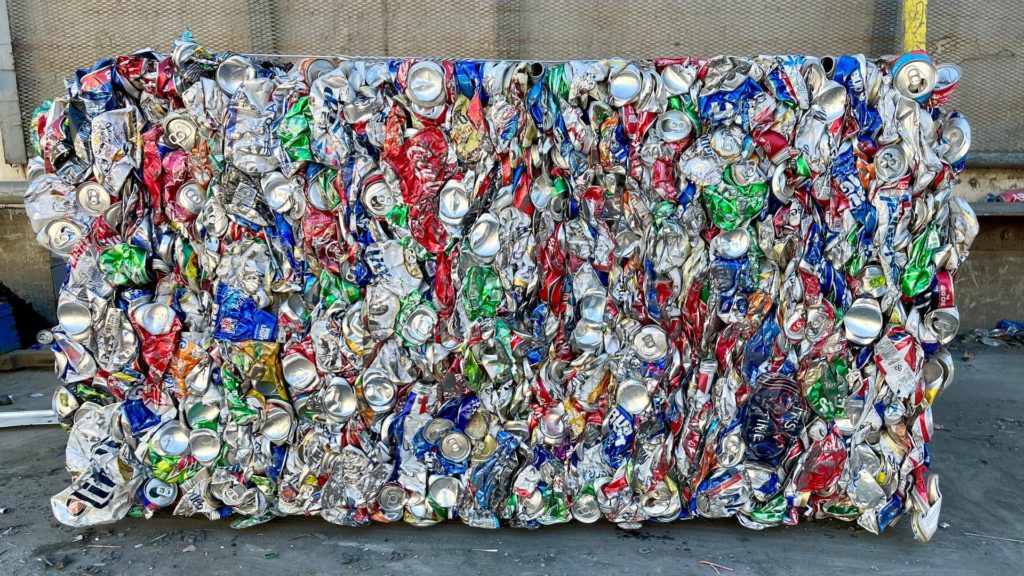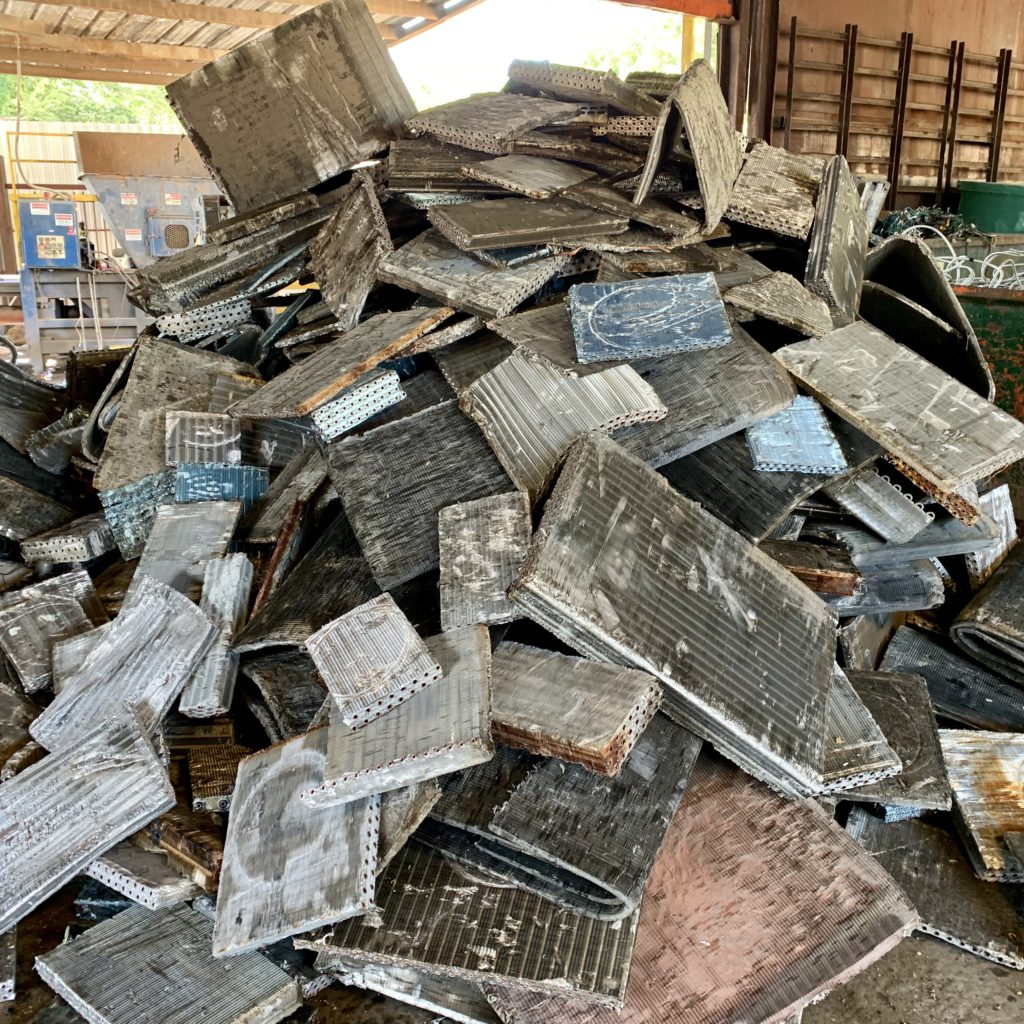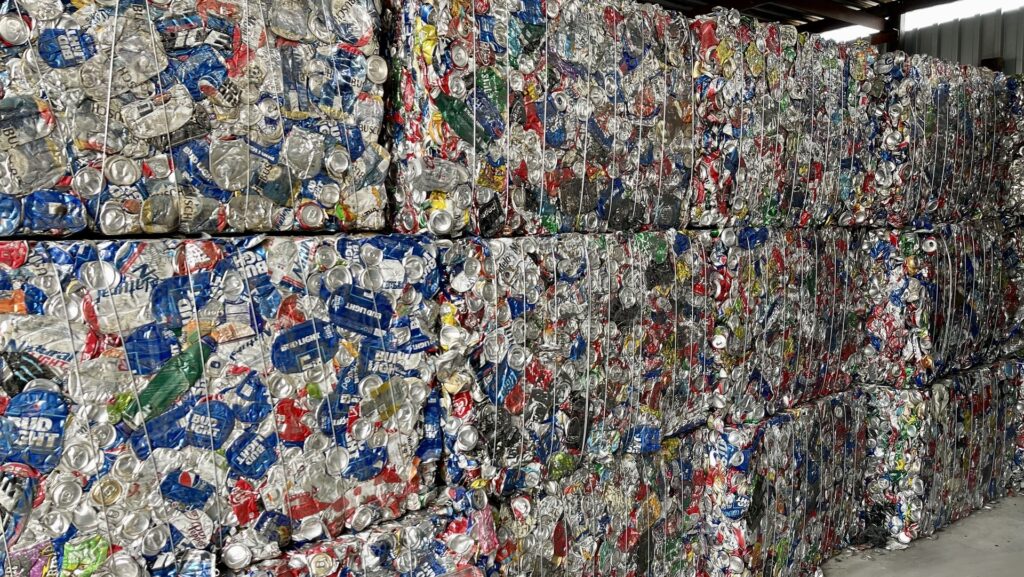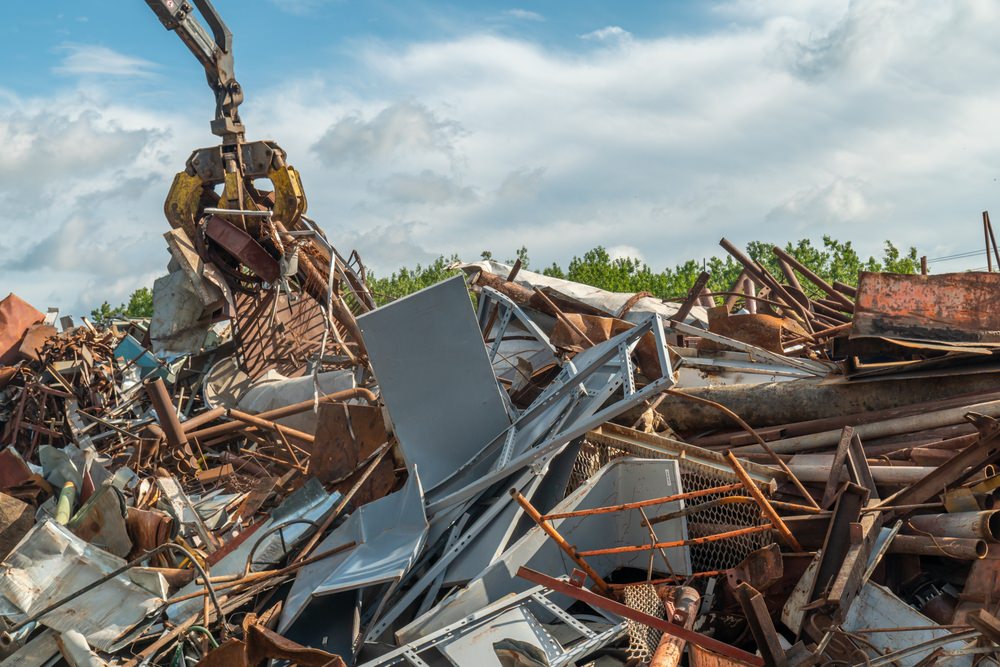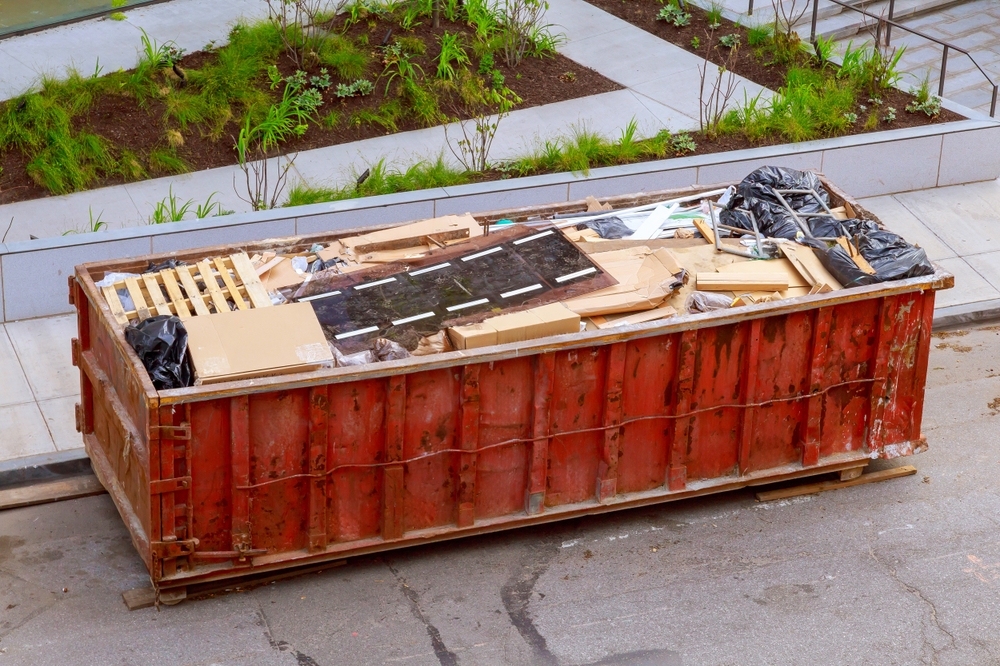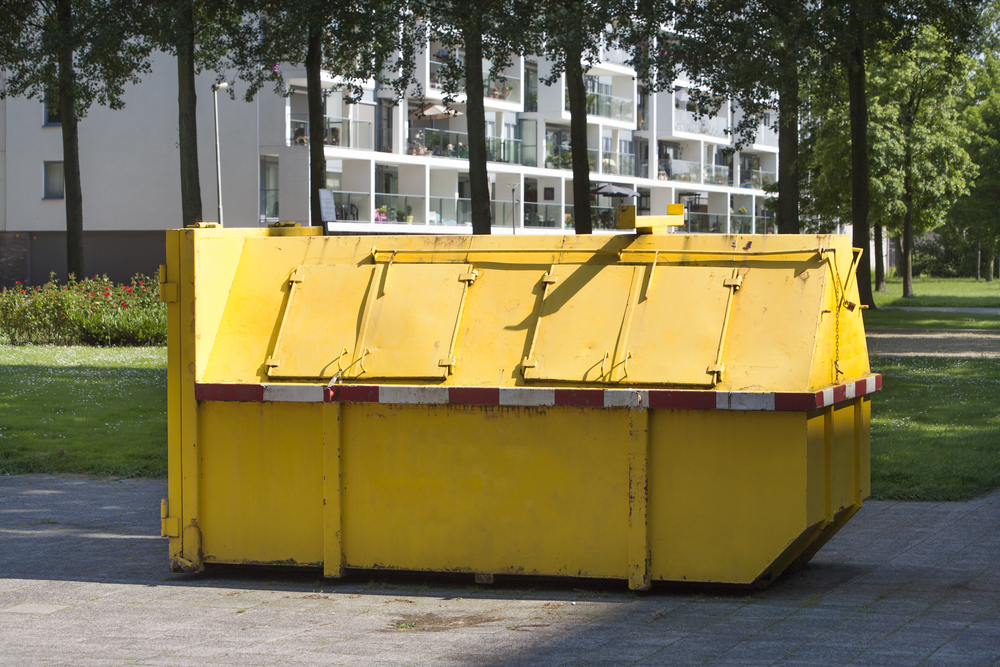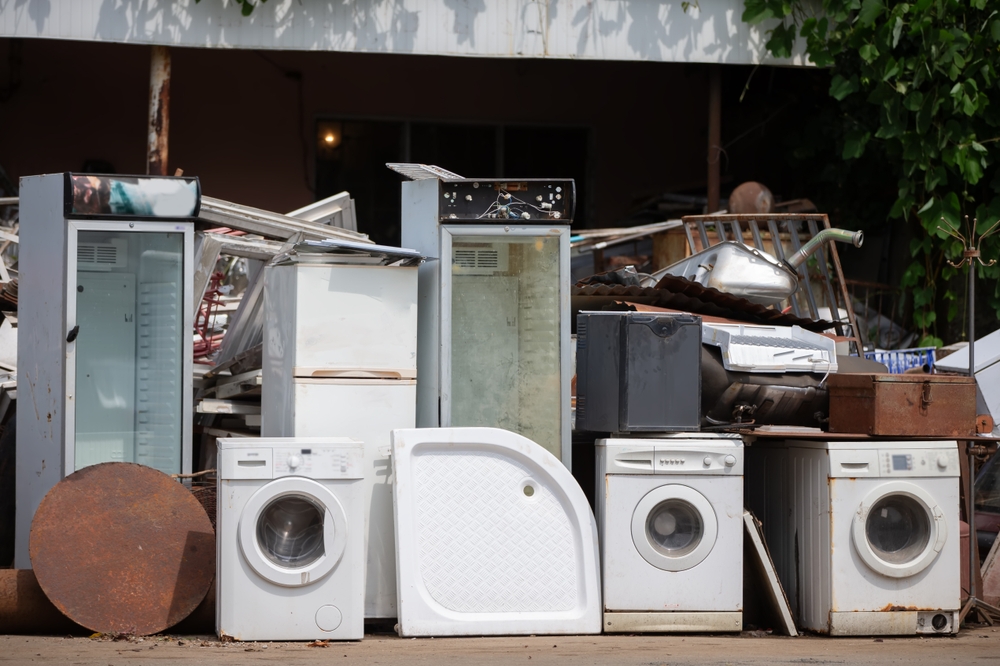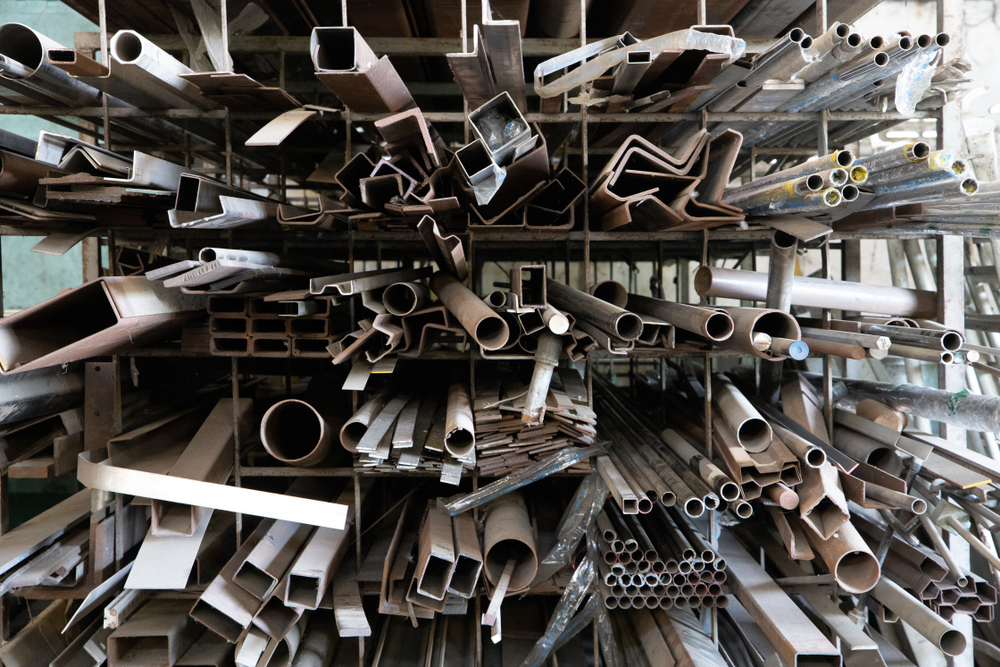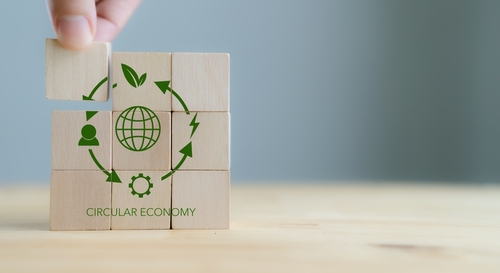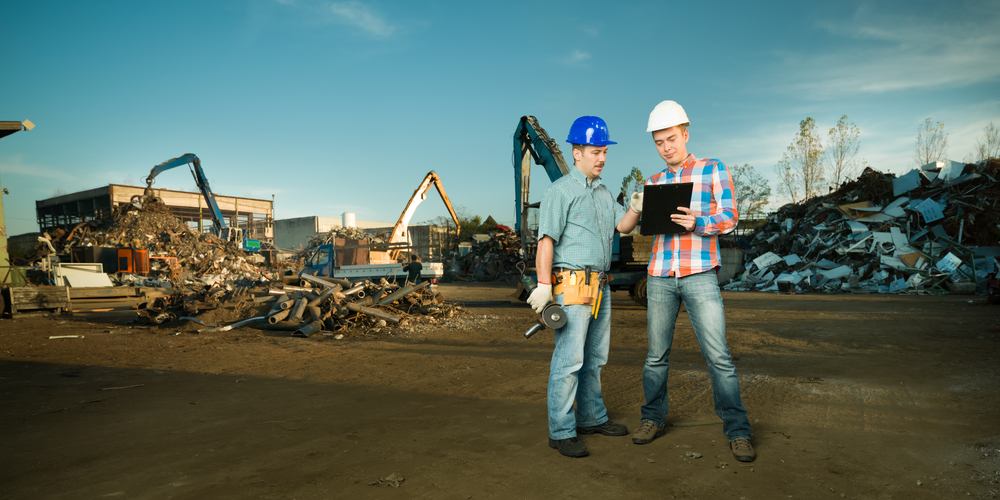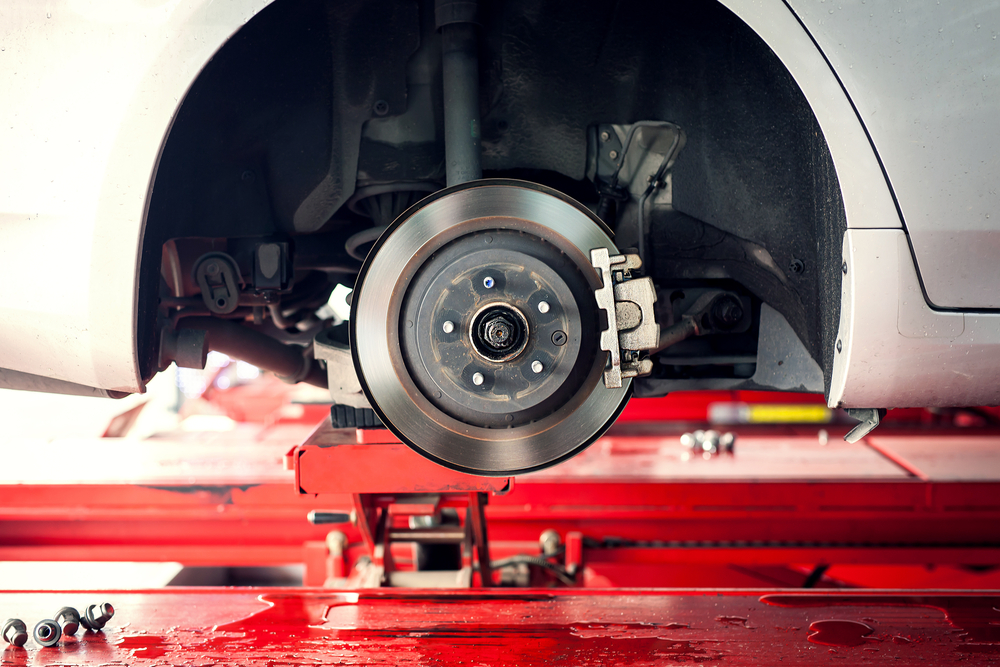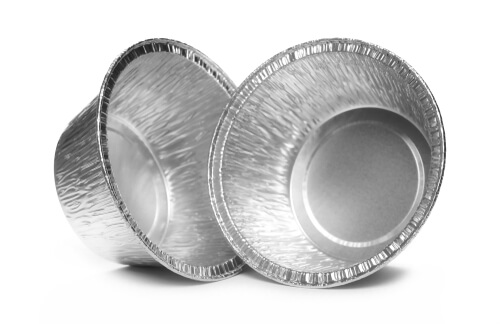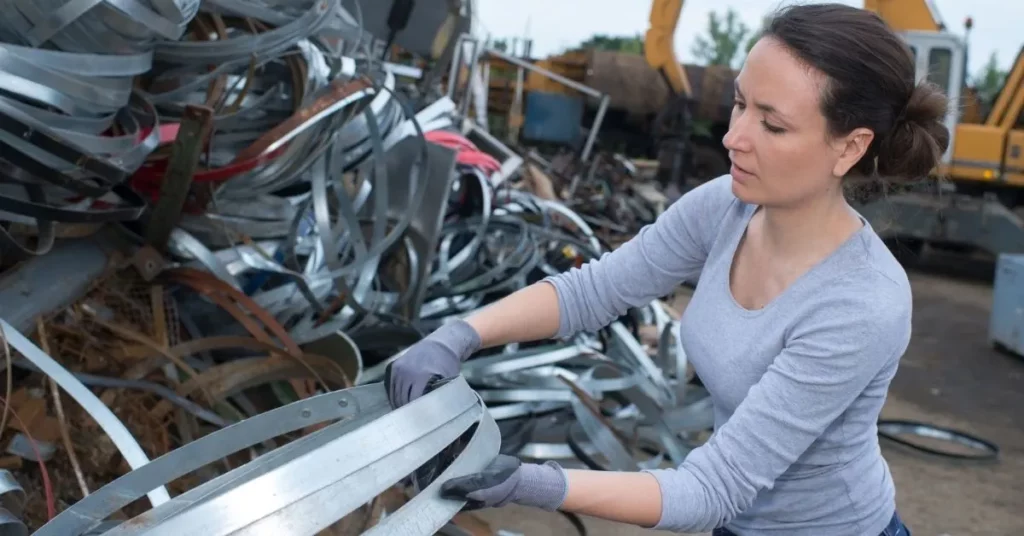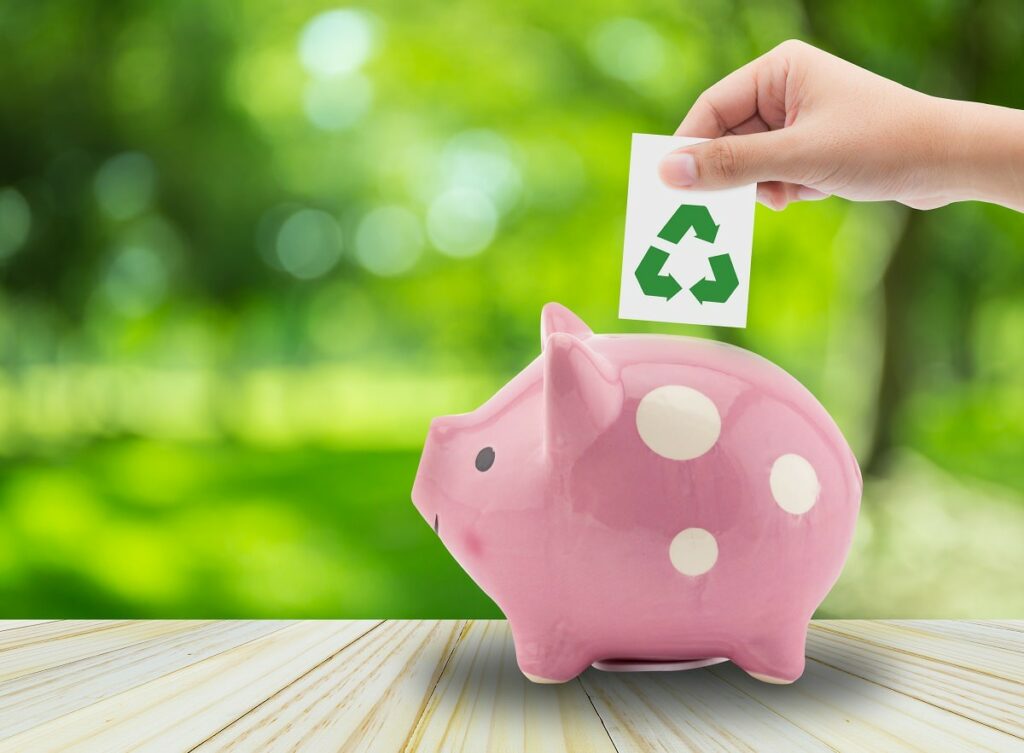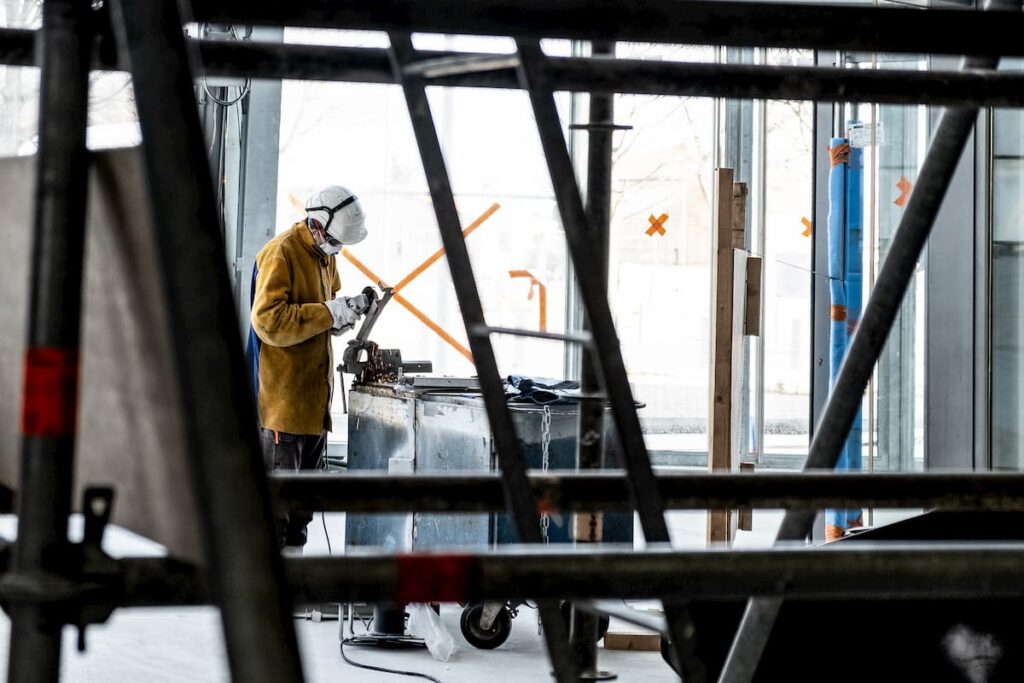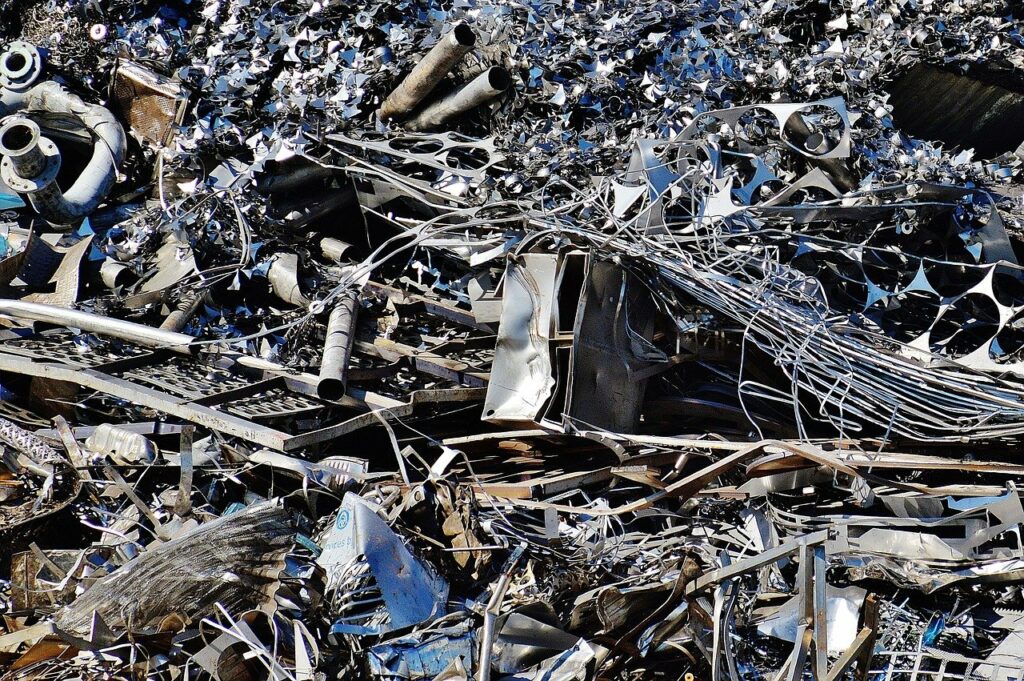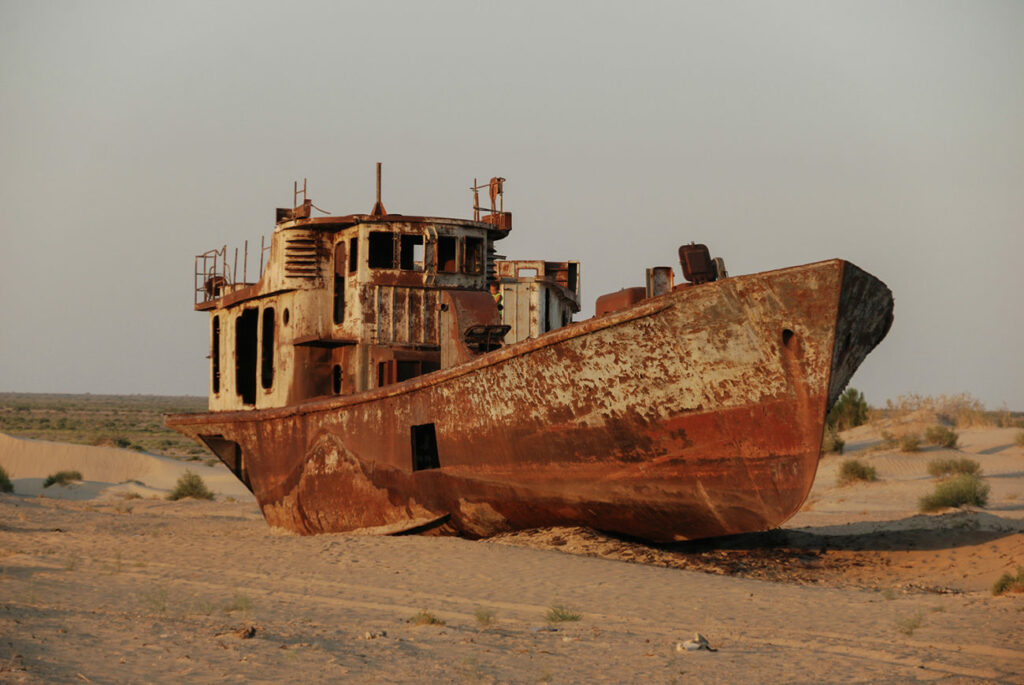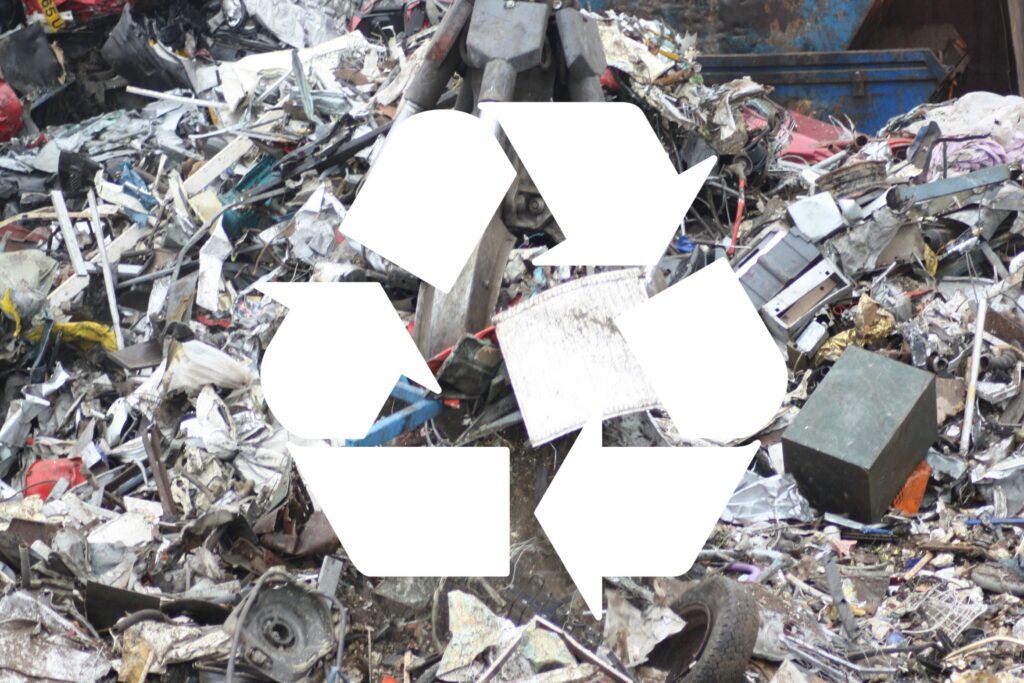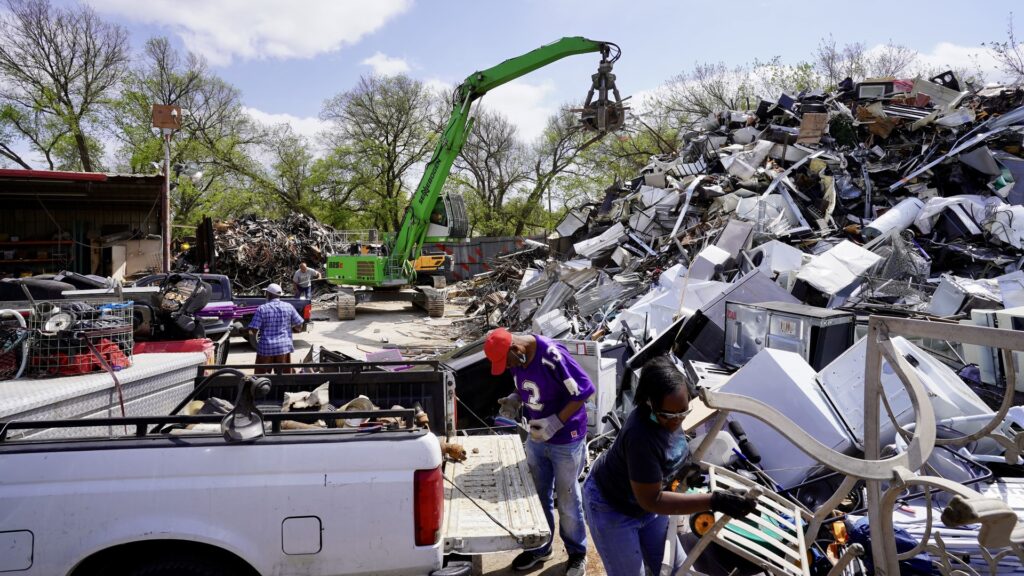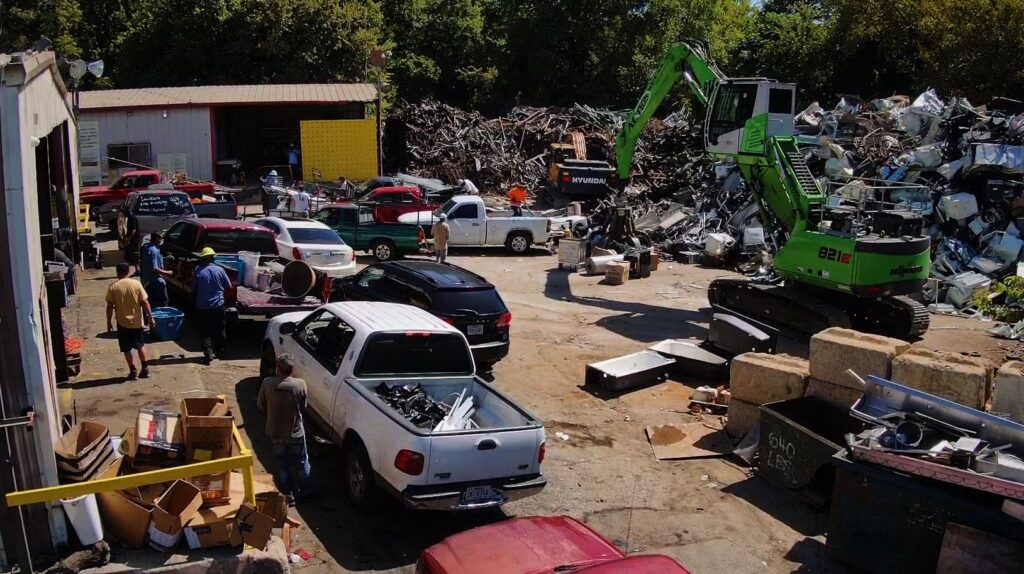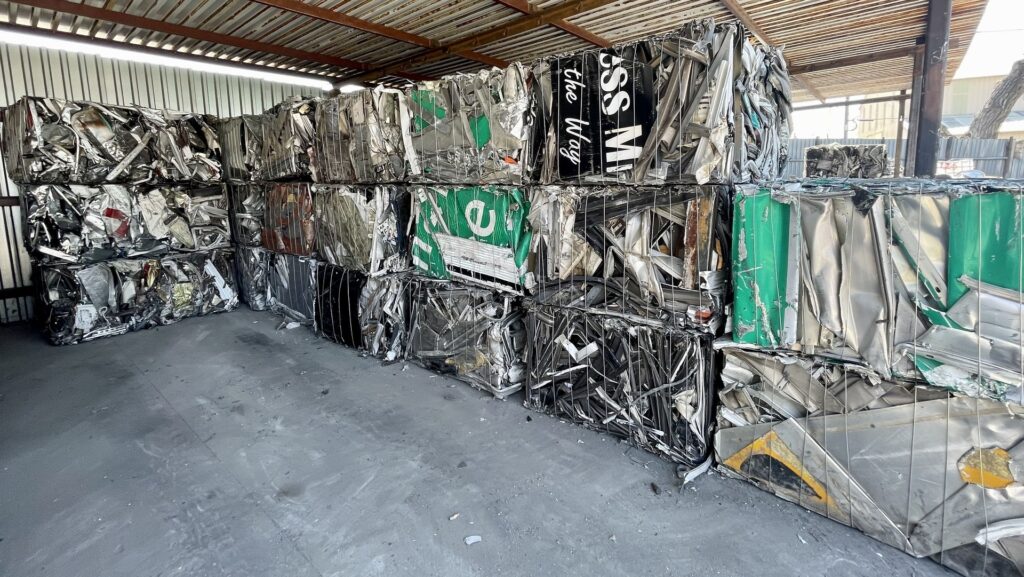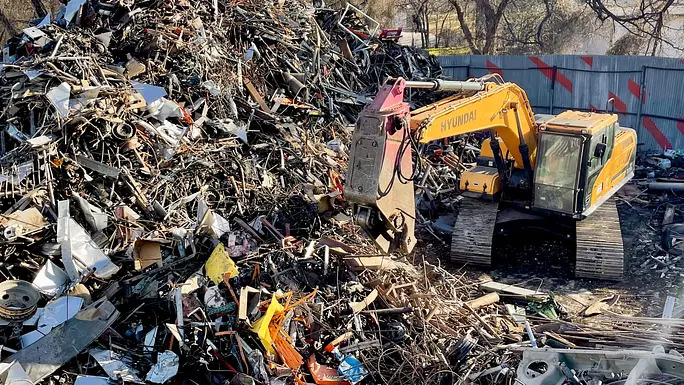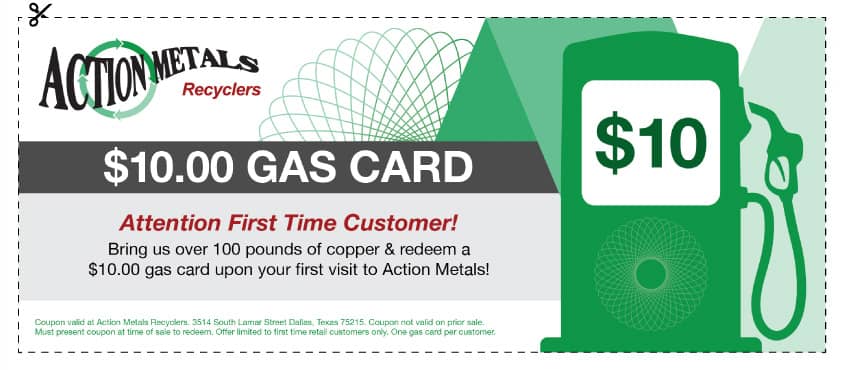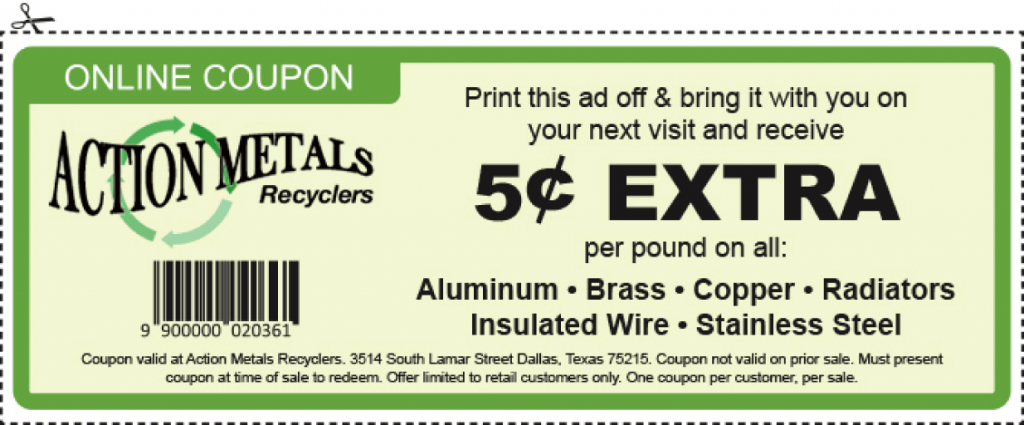At Action Metals, we know that metal recycling plays a crucial role in conserving natural resources, reducing energy consumption, and minimizing environmental impact. We’re committed to helping our community understand the importance of metal recycling and the valuable role it plays in a sustainable future.
While many metals are recycled, some stand out due to their widespread use and high recycling rates. Let’s take a look at the most recycled metals and find out some of their most surprising uses.
1. Aluminum | A Lightweight Champion
Aluminum is one of the most recycled metals globally, prized for its lightweight nature, corrosion resistance, and infinite recyclability. From beverage cans and foil to window frames and airplane parts, aluminum’s versatility is undeniable. One surprising use of recycled aluminum is in the production of new beverage cans, often going from recycling bin to store shelf in just a few weeks. This closed-loop recycling system makes aluminum a true champion of sustainability. We see a lot of aluminum come through our doors at Action Metals, ready for a second life.
2. Steel | Backbone of Industry
Steel, an alloy of iron and other elements, is the backbone of modern industry, used in construction, automotive manufacturing, and countless other applications. Its strength, durability, and magnetic properties make it easy to identify and recycle. A surprising use of recycled steel is in new car production. Many car parts contain a significant percentage of recycled steel, reducing the need for virgin ore extraction. Action Metals is proud to play a part in the steel recycling process.
3. Copper | Electrical Conductor
Copper, known for its reddish-brown hue and excellent electrical conductivity, is essential for wiring, plumbing, and electronics. Its high value and ease of recycling contribute to its high recycling rate. A surprising use of recycled copper is in the creation of new electrical wiring. Recycled copper maintains its conductivity, making it ideal for this purpose. At Action Metals we handle a large volume of copper recycling.
4. Lead | Battery Powerhouse
Lead, a dense and heavy metal, is primarily used in lead-acid batteries, essential for automobiles and other vehicles. Due to its toxicity, proper lead recycling is crucial. One surprising but vital use of recycled lead is, of course, in the production of new car batteries. The lead in old batteries is recovered and reused, reducing the environmental risk associated with lead disposal.
5. Zinc | Corrosion Fighter
Zinc, a bluish-white metal, is primarily used for galvanizing steel, protecting it from corrosion. It’s also used in die-casting and batteries. A surprising use of recycled zinc is in creating new galvanized steel sheets, used in roofing, siding, and other construction applications. This extends the life of steel products and reduces the demand for newly mined zinc.
6. Precious Metals
While not as abundant as other recycled metals, precious metals like gold, silver, platinum, and palladium are highly valuable and often found in electronics, jewelry, and catalytic converters. Their high value drives their recycling. A surprising use of recycled precious metals is in creating new electronic devices. Even small amounts of these metals are recovered and reused, conserving these limited resources.
The Importance of Metal Recycling
Metal recycling offers numerous benefits:
- Resource conservation: Recycling reduces the need to mine virgin ores, preserving natural resources for future generations.
- Energy savings: Recycling metal requires significantly less energy than producing metal from raw materials, reducing greenhouse gas emissions.
- Environmental protection: Recycling reduces pollution associated with mining and manufacturing, protecting our air and water.
- Economic benefits: Recycling creates jobs and reduces waste disposal costs.
Action Metals | Your Partner in Metals Recycling
Make Action Metals in Dallas, TX, your trusted partner in metal recycling. We accept a wide range of ferrous and non-ferrous metals and offer competitive prices for your scrap metal. We make the recycling process easy and convenient, providing a valuable service to our community. Contact us today to learn more about our services and how you can contribute to a more sustainable future through metal recycling! We’re here to answer your questions and help you recycle responsibly.
Frequently Asked Questions About Metal Recycling
What types of metal does Action Metals accept?
We accept a wide range of ferrous and non-ferrous metals, including aluminum, steel, copper, lead, zinc, and precious metals. Contact us for a complete list.
How do I prepare my metal for recycling?
Remove any non-metallic attachments, such as plastic or wood. Sorting your metal by type is also helpful.
Do you offer pick-up services for metal recycling?
Yes, we offer pick-up services for large quantities of scrap metal. Contact us to discuss your needs.
How do I get paid for my scrap metal?
We weigh your metal and pay you based on current market prices. We can discuss payment options with you at the time of service.
Why should I choose Action Metals for my metal recycling needs?
We are a reputable and experienced metal recycling company committed to providing excellent customer service, competitive prices, and environmentally responsible recycling practices. We value our customers and our community.



